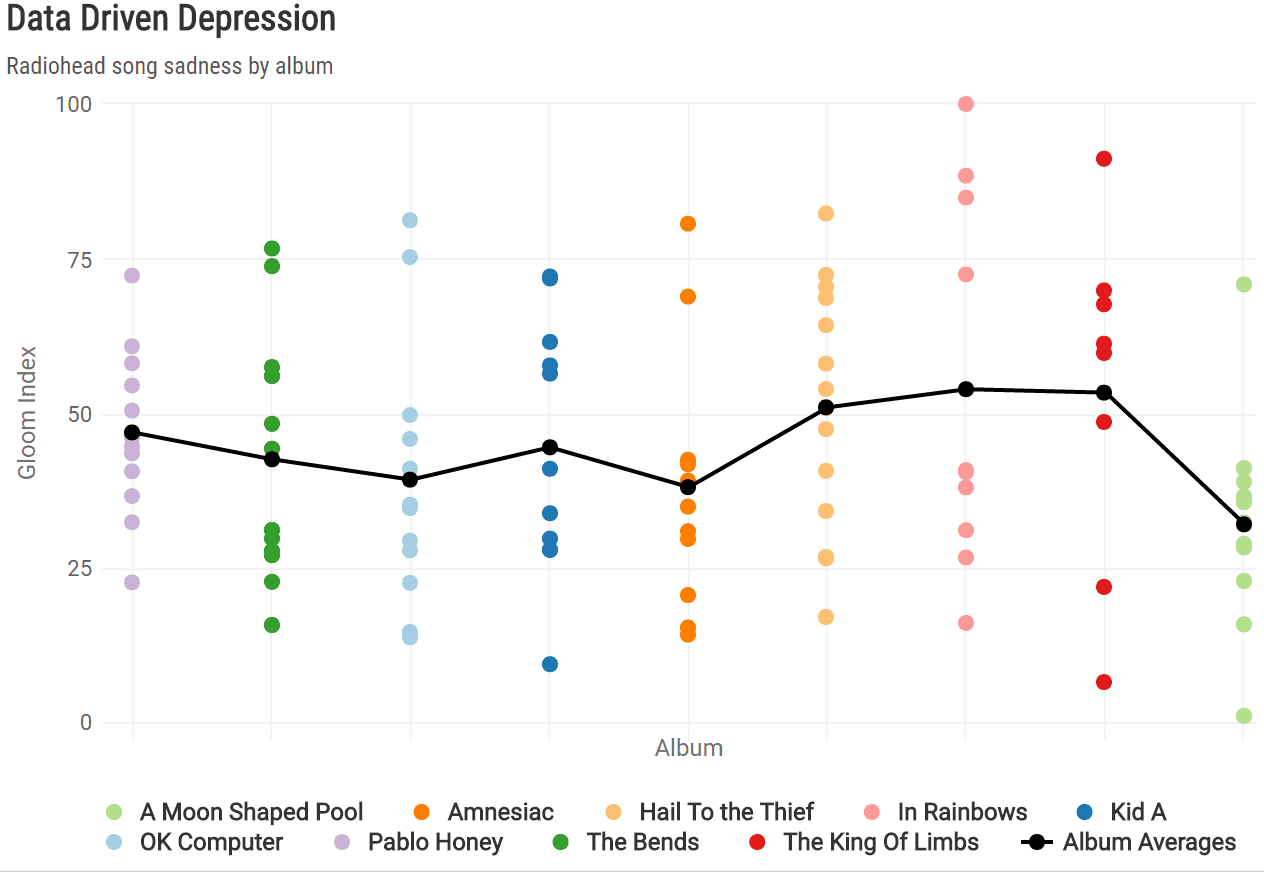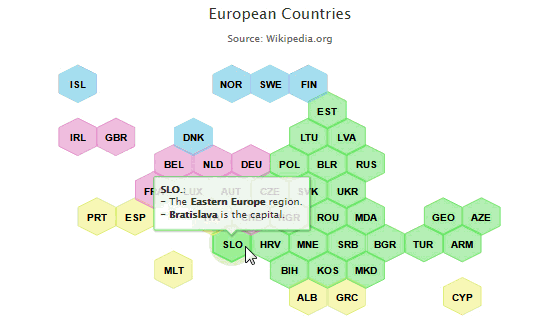How can data optimise healthcare?
How can we create universal health data? Will doctors soon be prescribing connected health technologies? Could your Fitbit data be used to deny you health insurance? Will you donate your medical data when you die?
How can we create universal health data? Interesting opinion piece by Robert Rowley discussing the benefits of aggregated, centralised health data. Although the transition to using electronic health records (EHR) has been a step forward, the records are still essentially siloed within institutions and the architecture of data distribution remains very similar. In order to progress further, health data needs to be “aggregated in very large ways” and “include data pulled from multiple institutions”. ✅ -- For example, the Open Data in the Health Sector report has recommended that NHS England needs to work towards developing a single point of access for healthcare datasets, as clinicians are struggling to access basic data. 🏥
Daniel Kraft proposes that EHR should also integrate data collected using wearables, such as a Fitbit. This would "help identify trends and alert the patient and their care teams much earlier". This would make it easier to suggest changes to daily habits to help people become healthier and empower people to take more responsibility over their personal health. Could the future of healthcare include doctors prescribing apps or connected health technologies? 🤔
But could sharing Fitbit data increase the cost of health insurance? In light of recent political events, if Obamacare is repealed and the rule banning insurance companies denying coverage for pre-existing condition is lifted, insurers may turn to wearables "for evidence they could use to refuse to pay for patients' healthcare". 😧 Although the benefits of wearables could save both insurance companies and customers money in the long-term, if not properly regulated this data could easily be mis-used.
Will you donate your medical data when you die? 🔮 Donating organs after death has become increasingly popular to help others or assist medical research. However, what happens to our medical data? In the UK, unless specifically requested, medical records remain confidential for a century after a patient's death. This places restrictions on medical advances and creates hurdles for researchers. David Martin Shaw, J. Valérie Gross and Thomas C. Erren propose that people should be able to register as data donors, in the same way they would organ donors. Interesting idea.
Miscellaneous
Google announced the first SHA-1 collision in a blog post. It's more urgent than ever for security practitioners to migrate to safer cryptographic hashes, such as SHA-256 and SHA-3. More info: shattered.it
Incase you (somehow) missed Susan Fowler's blog post reflecting on one very, very strange year at Uber. Frightening.
Microsoft's AI DeepCoder can write its own code by stealing from others. 🤖
Splash lets you search for photos by making a doodle (instead of by keyword). Cool gimmick.
Not drinking enough water whilst you work? Check out this bash script to remind you to drink water on your command line. 🍹
Charlie Thompson used R to find the most depressing Radiohead song - with the average gloom index per album and plotted each song by album release date. See below:

Radiohead song sadness by album, by Charlie Thompson













